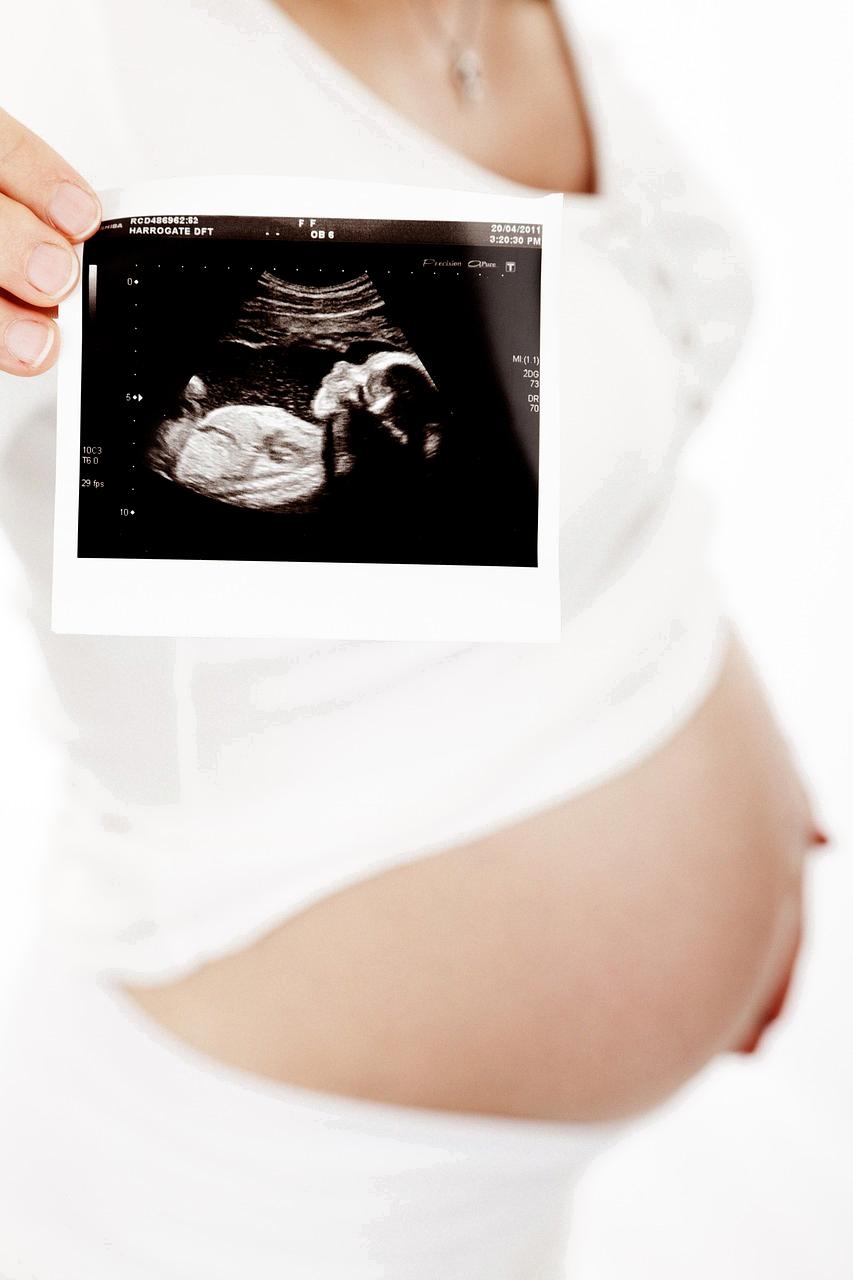When it comes to the excitement and anticipation of pregnancy, one of the earliest milestones is the first ultrasound. This initial scan, typically done around the 7-week mark, serves multiple purposes in assessing the well-being of both the mother and the growing fetus.
The Significance of Detecting a Heartbeat
At 7 weeks, one of the most pivotal moments during the ultrasound is the first sight of a tiny, flickering heartbeat. This momentous event brings immense relief to both the parents and the healthcare provider, offering reassurance that the pregnancy is progressing as expected.
Early Detection of Potential Issues
Having the first ultrasound at 7 weeks allows healthcare professionals to detect any early signs of potential issues, such as ectopic pregnancies or miscarriages. Early intervention and monitoring can be initiated if any concerns arise during the scan.
Accurate Dating of the Pregnancy
One of the primary reasons for the 7-week ultrasound is to accurately determine the gestational age of the fetus. This dating scan helps healthcare providers establish a timeline for the pregnancy, ensuring that the appropriate care and monitoring are provided.
Monitoring Fetal Development
By conducting the first ultrasound at 7 weeks, healthcare providers can monitor the development of the fetus closely. This scan allows them to assess the growth of the baby, the formation of vital organs, and the overall progression of the pregnancy.
Establishing a Baseline for Subsequent Scans
The 7-week ultrasound serves as a baseline for future scans throughout the pregnancy. By capturing detailed images and measurements early on, healthcare providers can track the growth and development of the fetus in subsequent scans.
Providing Reassurance and Emotional Support
For expectant parents, the 7-week ultrasound offers not just medical information but also emotional reassurance. Seeing the tiny heartbeat on the screen can provide a profound sense of connection and joy during the early stages of pregnancy.
Timing and Safety of the 7-Week Ultrasound
While some may question whether 7 weeks is too early for the first ultrasound, it is important to note that this timing is considered safe and appropriate by healthcare professionals. The procedure poses minimal risks to both the mother and the fetus at this stage.
Enhancing Prenatal Care and Planning
Early ultrasounds, such as the one done at 7 weeks, play a crucial role in enhancing prenatal care and planning. They allow healthcare providers to identify any potential issues early on and tailor their care to ensure the best possible outcome for both the mother and the baby.
Embracing the Journey of Pregnancy
Ultimately, the decision to have a 7-week ultrasound is a personal one that should be guided by the advice of healthcare professionals. Embracing the journey of pregnancy, with its milestones and moments of wonder, can be made all the more special with the insights gained from these early scans.
Conclusion: The Value of the First Ultrasound at 7 Weeks
In conclusion, the first ultrasound at 7 weeks serves as a crucial step in the prenatal care journey, offering valuable insights into the health and development of the fetus. From detecting the heartbeat to providing emotional reassurance, this early scan sets the stage for a well-informed and supported pregnancy experience.

